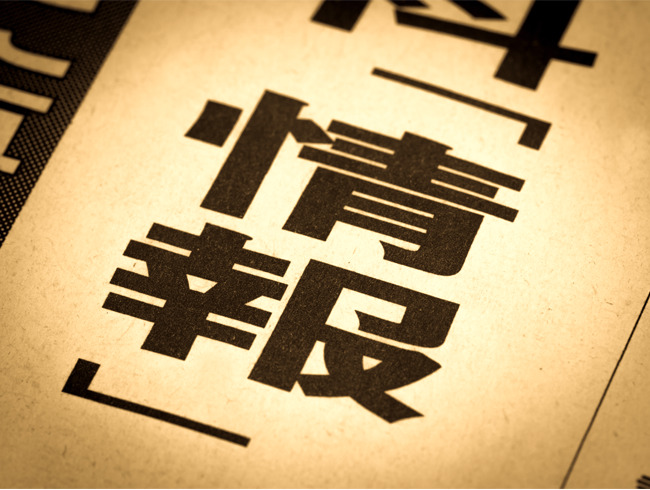Some universities are already considering the subjects and subjects to be asked.
As for future plans, the Ministry of Education, Culture, Sports, Science and Technology will notify each university of "Schedules related to the university entrance examination implementation guidelines" and "Schedules related to the Common Test for University Admissions Implementation Guidelines" around this summer. ..
In response to this, each university is expected to decide the entrance examination subjects and the range of questions and announce them by September XNUMX.I think that many universities are still in the stage of collecting information, but some universities are already considering it, and the author also responds to inquiries from some universities and gives an overview of subjects and subjects at the faculty meeting. I have the opportunity to explain.
When considering entrance exam subjects, the university does not have to ask the entrance exam questions on its own, so it seems that the common test can proceed relatively smoothly.However, whether or not to impose "information" will be a point of debate.From the standpoint of promoting information education, there is an opinion that the Faculty of Arts should impose "information" instead of mathematics.In that case, "information" classes in high school education will be more active than ever.
However, as far as the published sample questions are concerned, it may be difficult to substitute for liberal arts mathematics.I think that this area will differ depending on the social position of each university and the specialized field of study after enrollment.Also, the key to whether or not a university that imposes "information" instead of mathematics will emerge is the timetable of the common test.I would like to pay close attention to where "information" is placed in the timetable of the common test, whether it is set separately from mathematics, or whether it is placed in the same frame as mathematics.

Is it possible to ask "information" questions? It is necessary to consider high school graduates in the range of questions in liberal arts mathematics.
It is expected that many universities will not ask questions such as "public" and "geographical synthesis" due to the restrictions of each university's questioning ability in the subjects and subjects of the individual examinations that each university conducts individually. It can be said that "information" is in almost the same situation.It should be noted that the questioning ability referred to here includes not only the creation of questions, but also the creation of questions that can accurately answer questions about the content of the questions and that can accurately select the abilities of the examinees. is.
Depending on the university, "public", "geographical synthesis", and "history synthesis" are compulsory subjects, so you may think that you may need to take an entrance examination.However, being a high school compulsory subject and being selected by a student as an examination subject are completely different things.Even now, most students choose Japanese history as the subject of geography, but the compulsory subject is world history.
Other than that, it seems to be an issue whether to impose "Mathematics C" on the liberal arts mathematics of the individual examination.The subject of liberal arts mathematics in the current course is "Mathematics IA / Mathematics IIB", and Mathematics B has (sequence / vector) as the range of questions.Therefore, if you want to ask questions with the same tendency as the current course, you need to impose "Mathematics C" and set (vector) as the question range.This is also related to the transitional measures for high school graduates.As a mechanism to deal with active students while giving consideration to high school graduates, it is necessary to prepare a selection question, but if there is a difference in the difficulty of the question, it is necessary to decide in advance how to adjust it.
In reality, considering both the old and new courses as a transitional measure, the subjects of liberal arts mathematics are written in parentheses as "Mathematics IA / Mathematics IIB / Mathematics C" (Mathematics B is a number sequence, Mathematics C is a vector). It will be.Even though the number of people has decreased, there are still excellent high school graduates in the unit of tens of thousands.Consideration is essential.
→next pageCommon test mathematics provides a full range of selection questions
